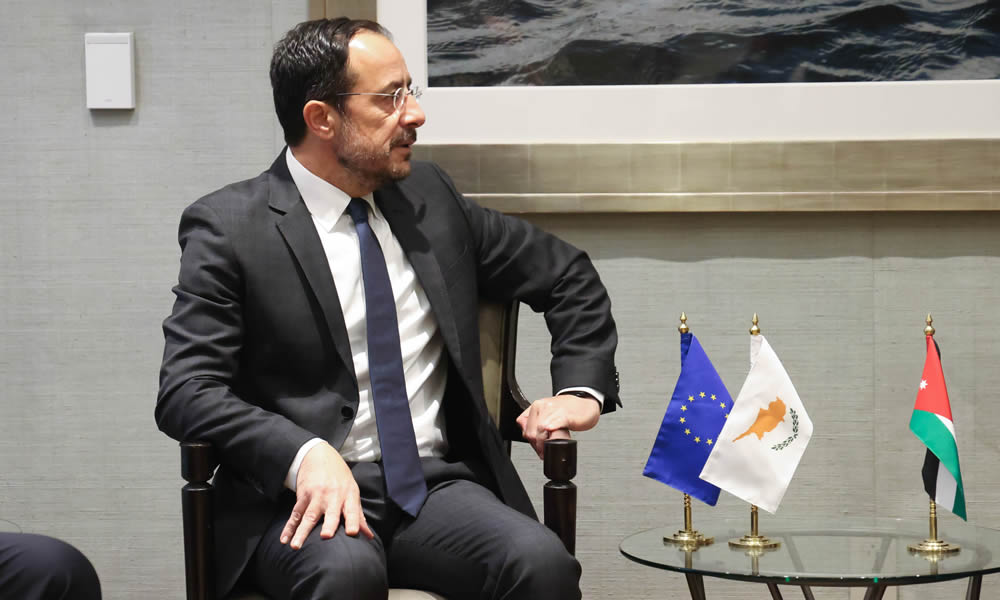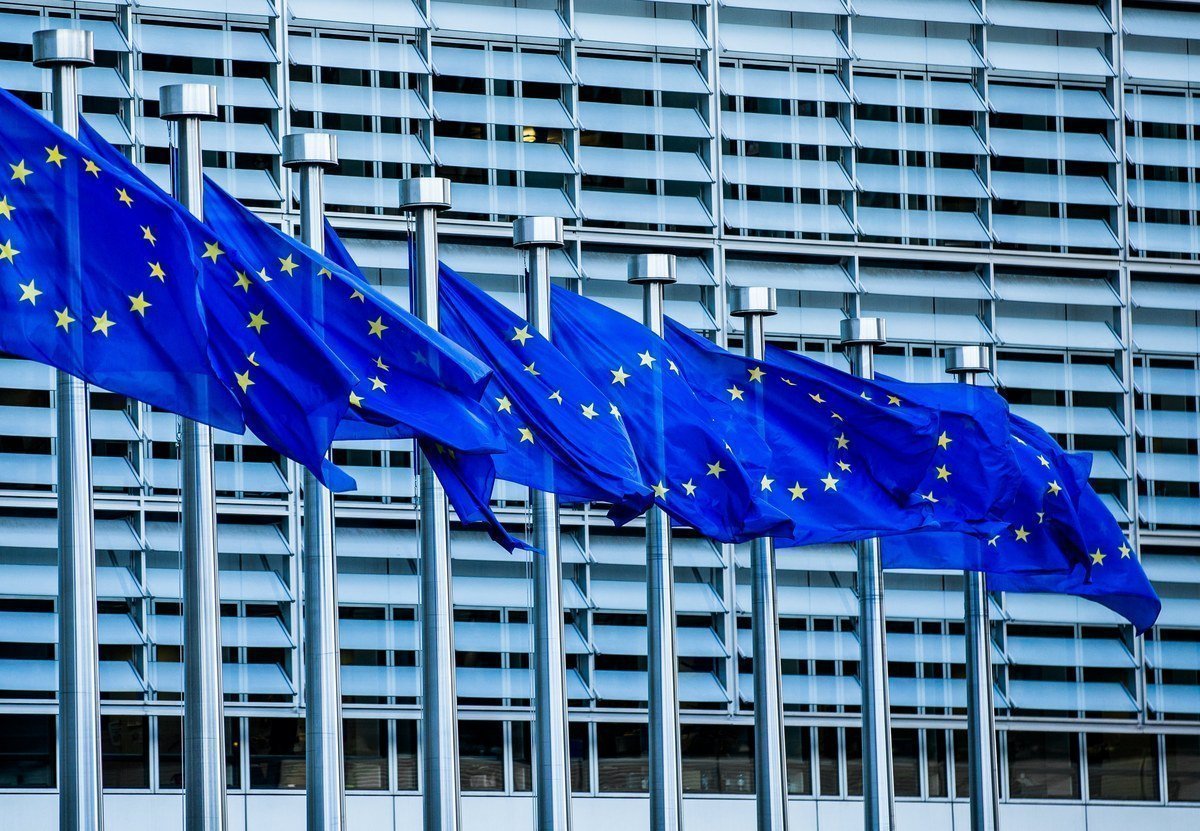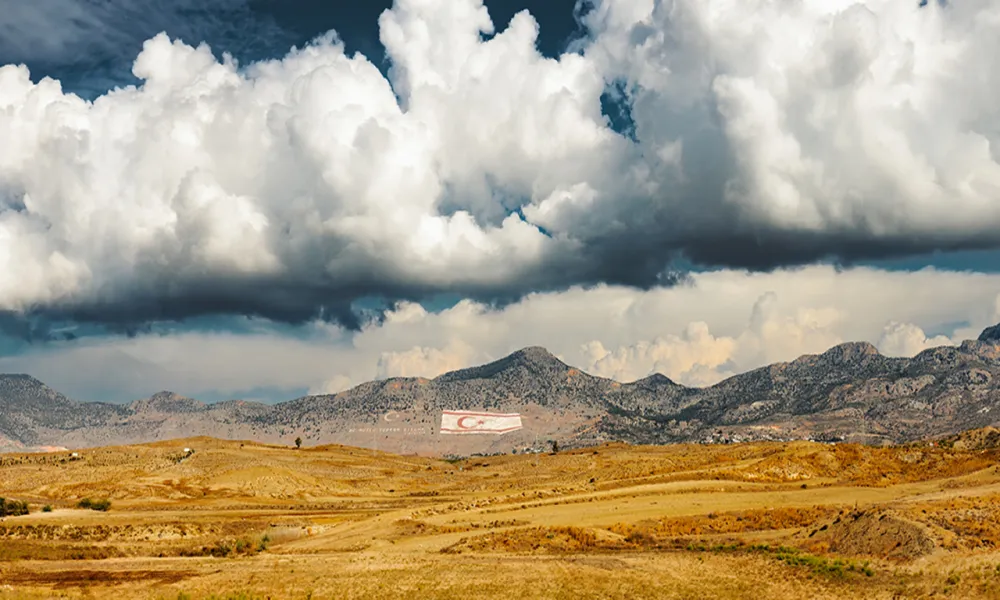What makes the Cyprus problem so hard to solve? Beyond Turkey’s stance, every Greek-Cypriot approach deserves respect when it is honest and, crucially, when it is rational. Sound analysis rests on accurate data and logical processing - not on fear, conspiracy, emotion or hidden interests. For fifty years, our contradictions have undercut credibility and bargaining power, while sowing confusion between government, institutions and public opinion. The result: strategic drift.
What share of land in the occupied areas has been developed? Studies of the Republic of Cyprus estimate 8-10%. The rest, the overwhelming majority of which belongs to Greek Cypriots, remains undeveloped. Under certain conditions, and on the basis of the Annan Plan and the Guterres Framework, much of this would return to its lawful owners.
Many citizens and some leaders now appear complacent, even comfortable, with the status quo, judging a settlement riskier, even if it led to the whole of Cyprus entering the EU. Is the “safety” of the status quo real or an illusion?
Contradiction 1: Safety in the status quo vs safety in a settlement
Militarily, Turkey outmatches the National Guard in manpower and equipment. Why, then, do Cypriots sleep easy beside a 183-km Green Line that Turkey imposed and could violate again? Why feel less safe with a settlement that would reduce troops towards the Zurich-London levels (around 1,700 Greek and Turkish soldiers) with a prospect of further drawdown?
Contradiction 2: Deterrence in words, escalation in signals
Since 1974, policy recognised that a military solution is impossible; the National Guard exists for deterrence, while diplomacy seeks other advantages. Yet in recent years, and under President Nikos Christodoulides, Cyprus has sent mixed signals that feed Turkish propaganda: claims that half of southern Cyprus has become a base for the US, France, Israel and Greece, the “most militarised area on the planet”. The picture is false, but parade rhetoric and slogans suggest a country ready for war. Where does this lead? Turkey can bring more forces to Cyprus; not out of fear of Greek Cypriots, but to upgrade its Eastern Mediterranean posture, raising risks and diminishing the Republic’s sovereignty.

Contradiction 3: Chasing “usurpers” vs securing land back through a deal
Arrests of foreign investors in the north target a small portion of Greek-Cypriot property under exploitation. Of the north’s 3,355 km², about 78% belonged to Greek Cypriots pre-1974; roughly 2,600 km² of that is now treated by the regime as “state” land, aside from parcels granted to Turkish Cypriots and naturalised Turks. Only 8-10% is developed; the rest remains idle. Under the Annan Plan and the Guterres Framework, major tracts would return to lawful owners, who would then choose whether to return, exchange with TC property in the free areas, or seek compensation, remedies already vindicated in the Loizidou and Orams cases. If we truly want talks to resume from 2017, fixating on “usurper-hunting” drags us backwards, sharpens problems and pushes a settlement away. Through a deal, GC refugees recover thousands of square kilometres, the land of their fathers.
Contradiction 4: Gas as a catalyst or a wedge?
We say natural gas is a catalyst for a solution. In 2014–2015, US Vice-President (later President) Joe Biden promoted a regional energy arc centred on Cyprus, involving Egypt, Greece, Israel, Lebanon and Turkey. Ankara partially shelved maximalism; majors (Total, Eni, ExxonMobil, Chevron) started work in Cyprus’s EEZ (Economic Zone). A selective reading of this policy; chiefly by Israel, pulling Greece and Cyprus along, produced the well-known Trilaterals and projects (EastMed, GSI) that exclude Turkey, Syria and Lebanon, building corridors to Europe. Rather than enable a solution, this took us down dangerous paths: Turkey blocked Eni drilling in Block 3 and obstructed the GSI lay from Karpathos towards Cyprus. Energy cooperation has stumbled. Under the right conditions, gas could draw Turkey into understandings with Cyprus, Israel and Egypt. If gas is a catalyst, why design routes that circumvent Turkey by selling to Egypt or piping to Italy? What leverage remains then, parade slogans and arms? Worse, the window may close: cheaper, cleaner energy sources are already in the market.

Contradiction 5: Europe as lever; misused and misread
Since Helsinki 1999, Turkey’s European path was cast as a catalyst. In 2004 and 2017, we missed two major opportunities for a European solution, in 2004 with our vote. Today, under President Christodoulides, Nicosia seems to have lost the measure: pressing for EU sanctions on Turkey, treating the Union as a military pillar rather than a politico-economic one, and decrying inconsistency, sanctions on Russia for invading Ukraine, but not on Turkey for Cyprus. The paradox: Russia’s invasion is three years old with no structured plan yet, while Turkey’s is 51 years old. In that time, the UN has been present; plans were tabled (US-Canadian, Ghali, Annan, Guterres), referendums held, CBMs applied, and there is communication and even economic contact across the divide, with no new clashes since 1974. The UN Secretary-General has said we are “one mile” from a deal; the President often reminds us negotiations should resume from 2017, that final mile before signatures.

Paralysis by contradiction
These contradictions entrench a limbo, neither full confrontation nor meaningful cooperation. Windows of opportunity close; Cyprus appears reactive rather than a force for synthesis and consensus. Let’s have no illusions: the status quo favours the stronger, in this case Turkey, while leaving Cypriots with dangerous illusions dressed up as reality, to the sound of the National Guard’s band, stirring cries, and jets breaking the sound barrier over Nicosia. Those with age, and memory, recall the world before 1974 and ask where, exactly, today’s leaders are taking this country.
